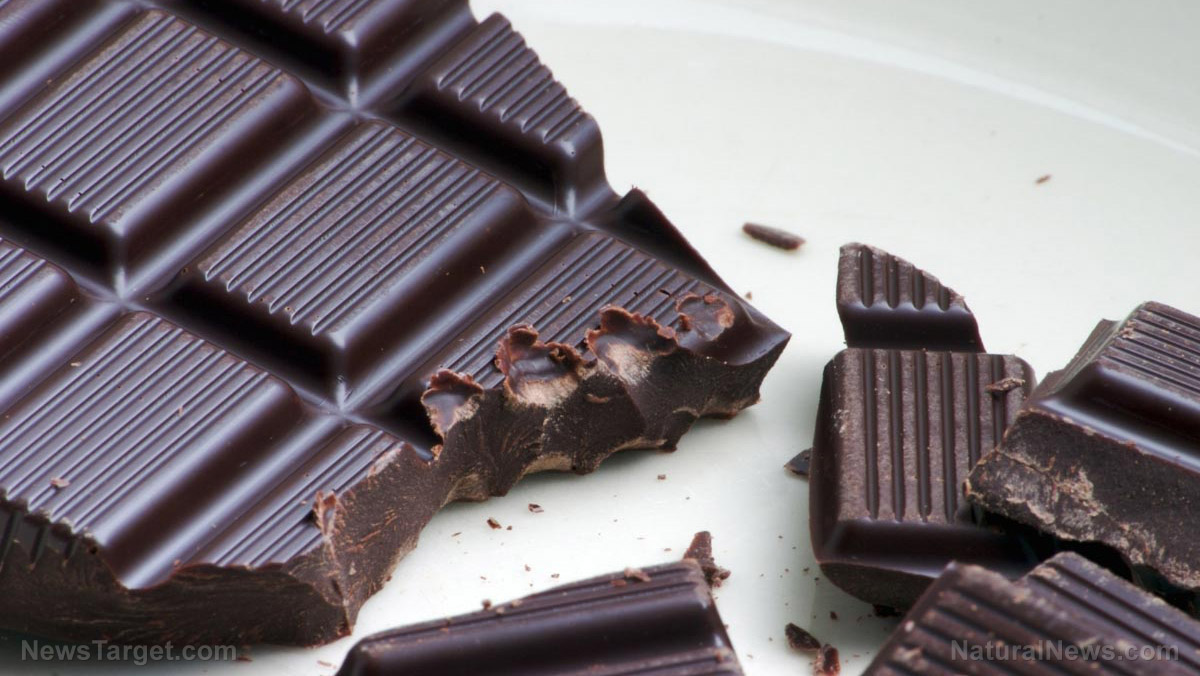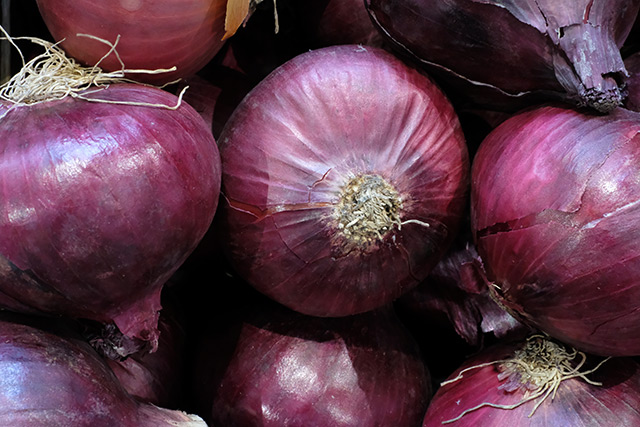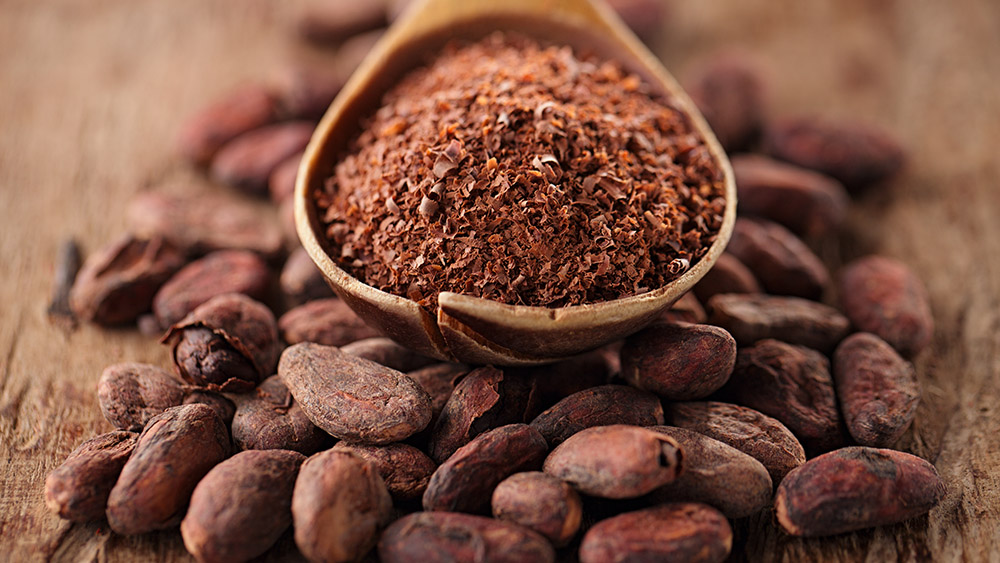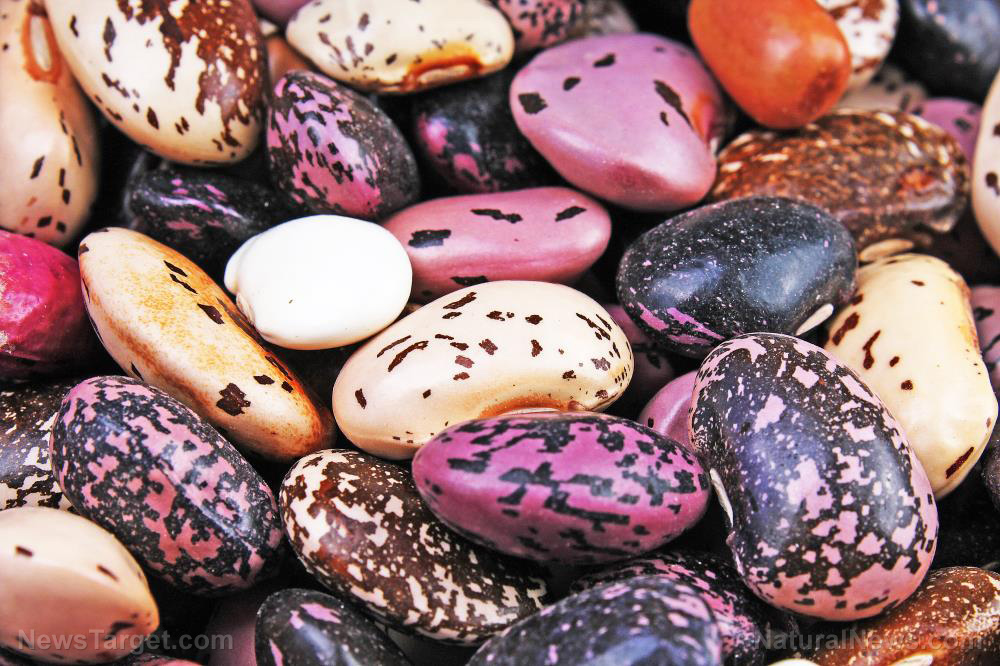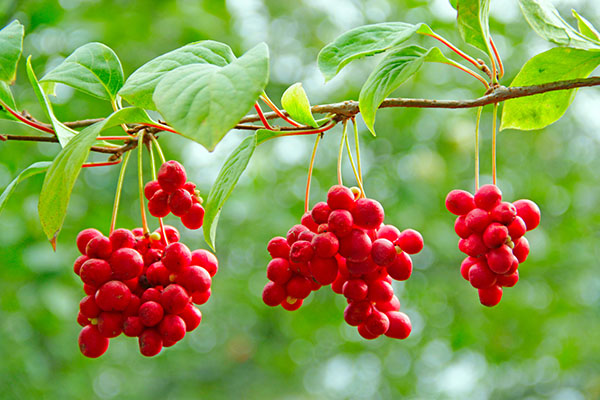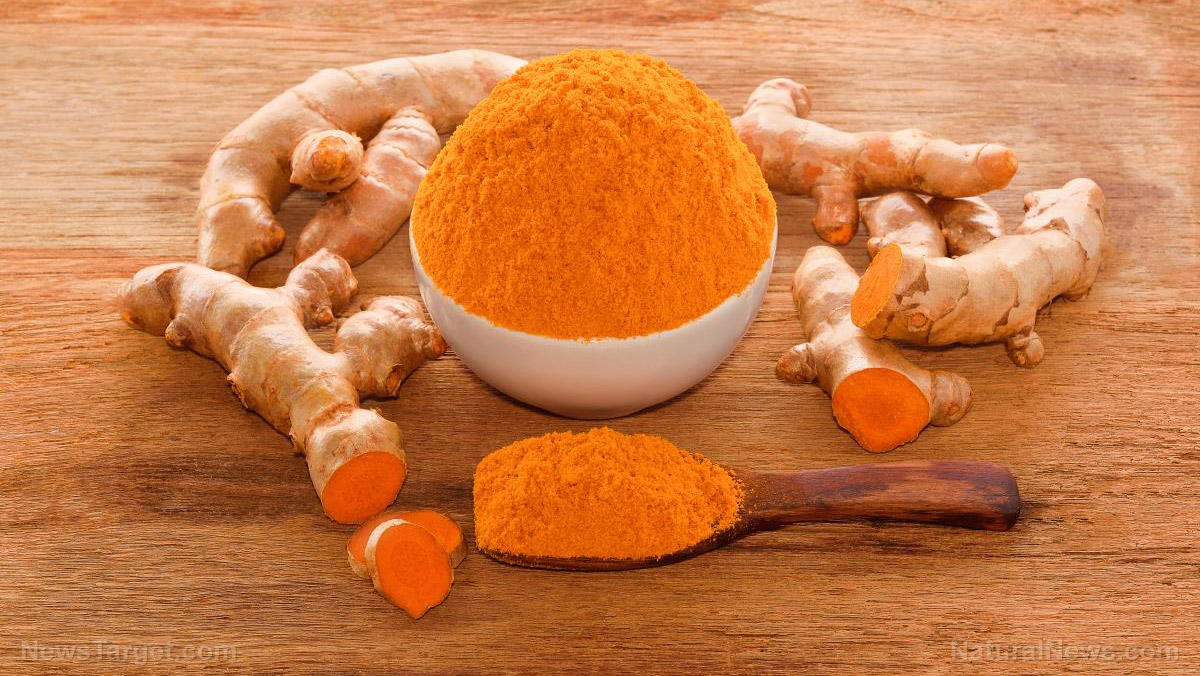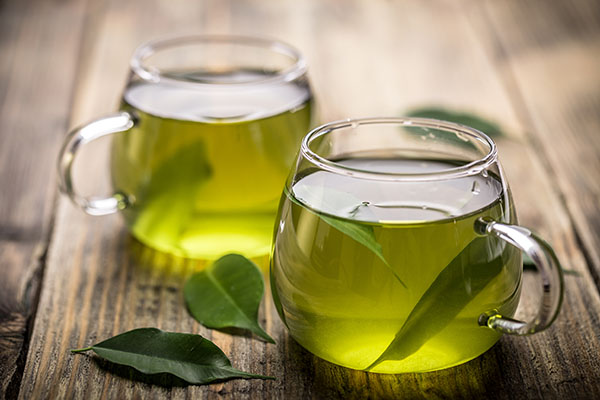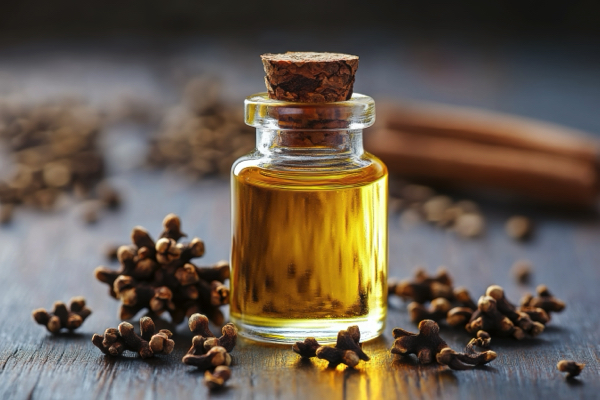Beetroot juice unlocks better health for older adults
09/07/2025 / By Ava Grace
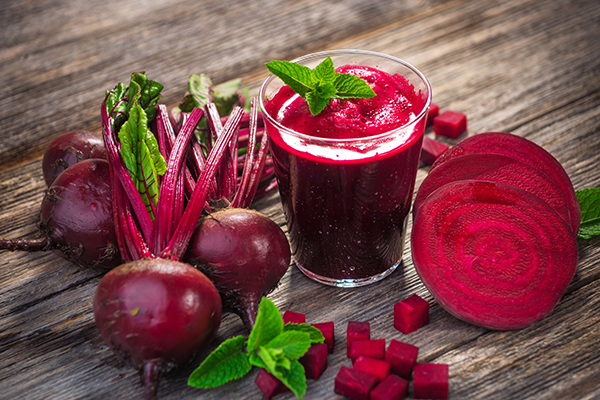
- A landmark study found that beetroot juice significantly lowers blood pressure in older adults by causing a beneficial shift in their oral microbiome, the community of bacteria in the mouth.
- The research revealed a stark age-related difference: participants in their 60s and 70s saw a notable reduction in blood pressure after consuming nitrate-rich juice, while adults under 30 experienced no meaningful change.
- The mechanism involves oral bacteria converting dietary nitrate from the juice into nitric oxide, a molecule that relaxes and widens blood vessels; the juice promoted the growth of helpful bacteria and suppressed harmful, inflammation-linked types in older adults.
- This finding is especially important for older adults because their bodies naturally produce less nitric oxide, making dietary nitrate a valuable supplemental source to combat age-related hypertension.
- The principle extends beyond beetroot, as leafy greens and vegetables like spinach, kale and celery are also rich in the same beneficial nitrates, reinforcing the heart health benefits of a diet high in fruits and vegetables.
In a landmark study that bridges the gap between diet and microbiology, researchers from the University of Exeter have uncovered a compelling reason for older adults to reach for the beetroot juice.
The investigation published in the peer-reviewed journal Free Radical Biology and Medicine was designed to compare how different age groups respond to dietary nitrates. The research team recruited 75 participants, splitting them into two distinct cohorts – 39 healthy adults under the age of 30 and 36 individuals in their 60s and 70s. Each participant embarked on a unique clinical trial involving two separate two-week phases.
To ensure the results were unambiguous, the study employed a rigorous crossover design with a placebo control. For one two-week period, subjects consumed a concentrated shot of nitrate-rich beetroot juice twice daily.
For another two-week period, they consumed an identical-looking and tasting placebo juice that had all its nitrates removed. A critical wash-out period was inserted between these phases to completely reset each participant’s system, preventing any carry-over effects from skewing the data.
The scientists then employed advanced bacterial gene sequencing technology. This process acts like a high-tech census, meticulously identifying and cataloging every type of microbe present in each participant’s mouth before and after each juice regimen. Simultaneously, they closely monitored each individual’s blood pressure, providing a clear picture of any physiological changes.
A striking divergence between age groups
The results revealed a fascinating and clear divergence between the young and the old. While the oral microbiome of both groups changed significantly after consuming the nitrate-rich beetroot juice, the health outcomes were dramatically different.
The younger participants showed no statistically meaningful change in their blood pressure readings. For the older group, however, the results were striking. These individuals, who began the study with higher average blood pressure, experienced a significant reduction after two weeks of the beetroot juice regimen. (Related: Older adults enjoy the heart-healthy benefits of beetroot juice more than younger adults, study says.)
This beneficial effect was completely absent after they drank the nitrate-stripped placebo juice. The juice’s power was directly tied to its nitrate content. The mechanism behind this effect is where the story becomes truly revolutionary.
The analysis showed that the beetroot juice prompted a beneficial restructuring of the oral microbiome in the older adults. Specifically, it suppressed the growth of a type of bacteria called Prevotella (which is often associated with inflammation and disease) while encouraging the growth of beneficial bacteria like Neisseria.
This shift in bacterial populations is crucial because these oral microbes are the first and most important step in a vital biological process. Dietary nitrate, abundant in beetroot and leafy greens, is itself inactive. It must be converted into its active form, a molecule called nitric oxide, to benefit the body.
This conversion process is primarily performed by the bacteria on the tongue. Nitric oxide is a powerful vasodilator; it signals the smooth muscles lining blood vessels to relax and widen. This dilation decreases resistance within the vessels, optimizes circulation to every cell in the body, and thereby lowers blood pressure.
By fostering a healthier oral environment, the beetroot juice ensured this nitrate-to-nitrite conversion was more efficient, boosting nitric oxide bioavailability precisely in the demographic that needs it most. This finding is particularly significant for older adults due to a double-edged sword of aging.
As people get older, their bodies naturally produce less intrinsic nitric oxide. This decline is a key contributor to the age-related rise in blood pressure and the associated increased risk of cardiovascular complications. The study suggests that dietary nitrate from beetroot juice can effectively supplement this dwindling internal supply, acting as an external fuel source for a critical bodily function.
“Beetroot juice offers significant benefits for older adults,” Brighteon.AI‘s Enoch emphasizes. “It is particularly effective at decreasing blood pressure, providing a heart-healthy boost that can serve as an alternative treatment for cardiovascular disease.”
The research adds a substantial new layer to a growing body of evidence. A prior study published in Nutrition Research had already demonstrated that daily beetroot juice consumption could lower systolic blood pressure in overweight older adults, noting that the benefits ceased if consumption was stopped. This new Exeter study provides the missing how and why, pinpointing the oral microbiome as the central actor in this health drama.
As with all robust science, the researchers acknowledge that more work is needed. Future, larger studies will need to explore how factors like biological sex, genetics and lifestyle choices such as smoking or oral hygiene influence an individual’s response to dietary nitrate.
For now, the message is clear and compelling. It is a potent reminder that sometimes, the most advanced medical solutions are found not in a lab’s synthesis – but in nature’s own pantry, waiting to be unlocked by our understanding.
Watch and learn about the many health benefits of beetroot juice for older adults.
This video is from the Health Ranger Store channel on Brighteon.com.
More related stories:
Stroke rates are down by 50% for older adults – but for those younger, not so much.
Drink beetroot juice and enjoy these health benefits.
Beetroot juice improves athletic performance and cardiovascular health.
Sources include:
Submit a correction >>
Tagged Under:
beetroot juice, cognitive function, diet, dietary nitrates, heart diseases, heart health, hypertension, nitric oxide, nutrition, oral health, oral microbiome, pharmaceuticals, prevotella, stroke, Study
This article may contain statements that reflect the opinion of the author
RECENT NEWS & ARTICLES
COPYRIGHT © 2017 PHYTONUTRIENTS NEWS

